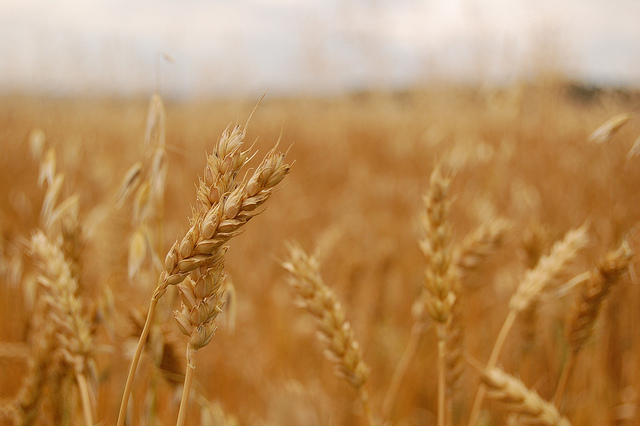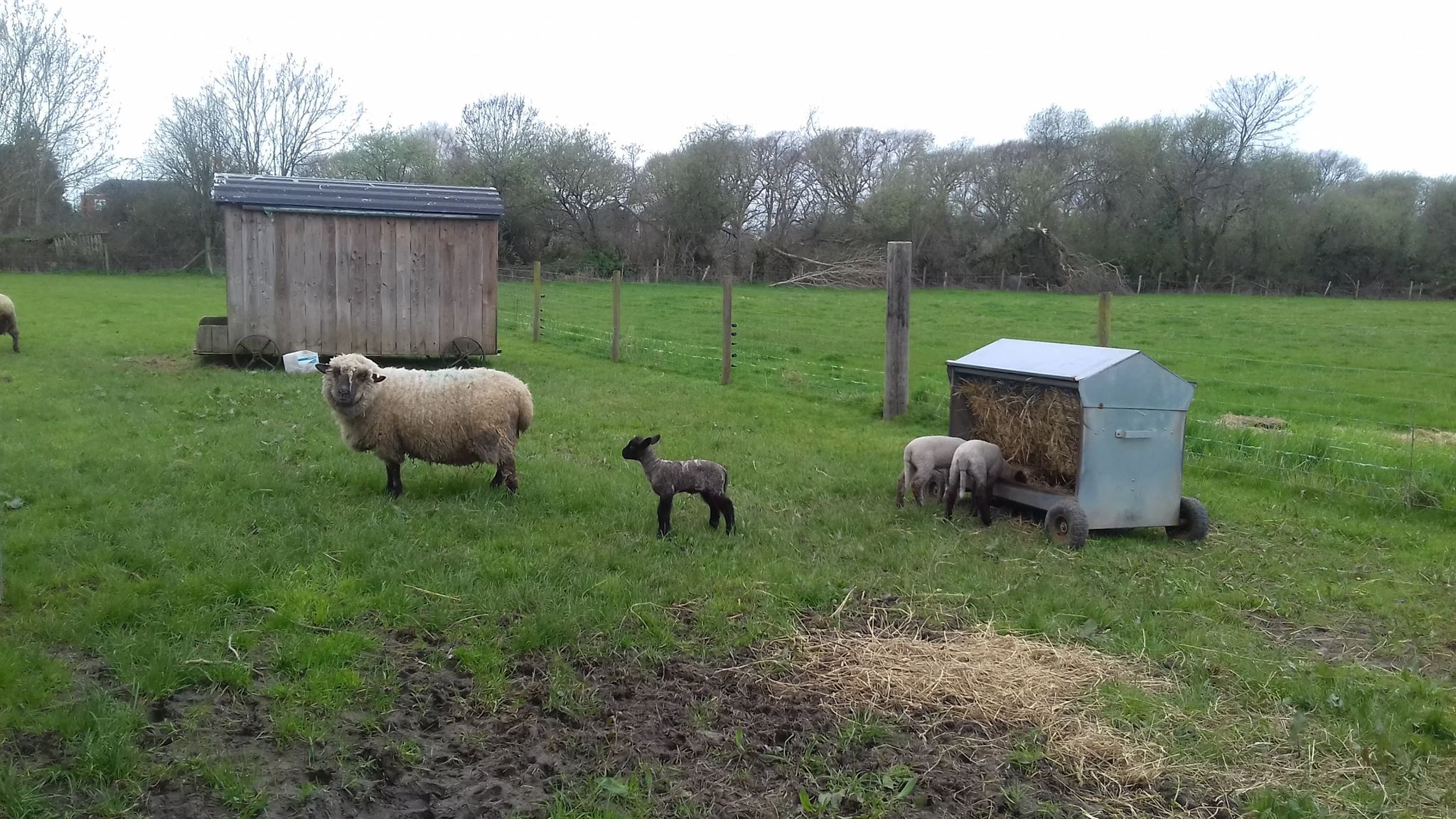Vegetable farmer Jim Hooper of the Berry Hill Farm in Bournemouth does not have plans to grow genetically modified crops any time soon.
His comments come as European agriculture ministers reached a compromise agreement on Tuesday for an EU-wide approval scheme for genetically modified organism (GMO) crops.
He said, “People are probably scared about buying genetically modified produce, because they don’t really know if they are as dangerous as some media reports suggest.”
The deal sees the European Commission and the European Food Safety Authority to decide whether a crop is safe for cultivation and consumption.
“We still don’t know what implications GMO’s could have on biodiversity” – Angela Pooley, Friends of the Earth
A Defra spokesperson told The Breaker, “We welcome this development as an important step forward for the GM debate in Europe.”
And the Secretary of State for Environment, Food and Rural Affairs Owen Paterson praised GMO food in a speech in January, “It has clearly been shown to be a safe, affordable, environmentally and economically beneficial technology.”
But Friends of the Earth Dorset East coordinator Angela Pooley said, “Sadly, governments did not do enough research on the effects of GMO crops before taking a decision. We still don’t know what implications GMOs could have on biodiversity.”
It was unknown, Mrs Pooley said, if bees would accept GMO crops as a source of nutrition. If not, cultivating GMO’s could severely limit natural pollination as bees in search for food would leave the area.
Mrs Pooley added: “One argument for GMO crops is the scarcity of food and crops on the global scale. But for that we depend on the natural pollination by bees.”








